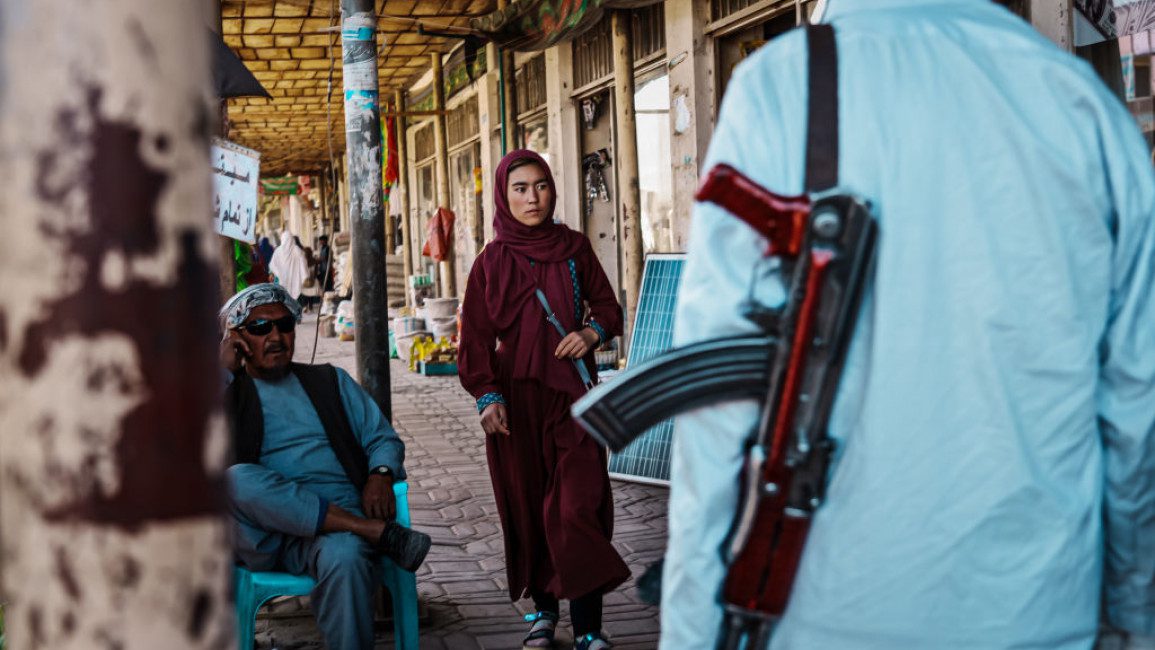World
UN expert: Taliban abuse of women may constitute a crime against humanity

The Taliban’s limitations on women’s and girls’ freedoms may constitute a crime against humanity, according to the UN special rapporteur on human rights in Afghanistan, who spoke out on Friday.
The Taliban’s targeting of women and girls, according to Richard Bennett and other UN rights experts, intensifies “flagrant breaches of their human rights and freedoms, which are already the most severe internationally and may amount to gender persecution — a crime against humanity.”
Since the Taliban took back control in August 2021, the majority of women who work for the government have lost their jobs or are being given a pittance to stay at home.
Afghan women must wear a burqa or hijab outside the home and are prohibited from traveling without a male relative.
The Taliban prohibited women from visiting parks, fairs, gyms, and public bathhouses this month.
In much of the country, schools for teenage girls have also been closed.
The UN experts stated in a statement that “recent months have seen a substantial escalation in breaches of women and girls’ fundamental rights and freedoms in Afghanistan, already the most severe and intolerable in the world.”
“Keeping women confined to their houses is equivalent to imprisoning them and is probably contributing to higher rates of domestic abuse and problems with mental health.”
Women who peacefully oppose the limitations have been targeted, physically assaulted, and detained more often over the past several months, they said.
The experts said that discriminatory Taliban actions “should be examined as gender persecution with a view to indictments under international law.”
UN experts are required to submit their conclusions to the international organization, but they do not speak for the UN.
They exhorted the Taliban to uphold the fundamental rights of women and asked the world community to demand that women’s liberties and rights be reinstated.
Separately, the UN Human Rights Office expressed its “appall” over the flogging of 11 men and 3 women on Wednesday in Afghanistan and urged an end to “this cruel form of punishment.”
An official in the province of Logar stated that they were flogged after being found guilty of stealing and “moral offenses.”
The beatings were the first reported cases of sharia law enforcement since the Taliban’s top leader instructed judges to do so earlier this month.
According to international law, “corporal punishment constitutes a human rights violation,” according to Ravina Shamdasani, spokesman for the UN Rights Office.
“We are particularly worried about how frequently arrests, court appearances, sentencing, and penalties occur on the same day. Everyone has a right to respect and equality in treatment.”
